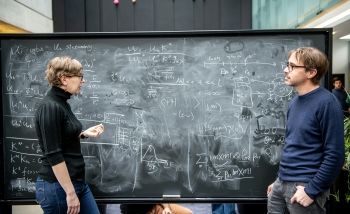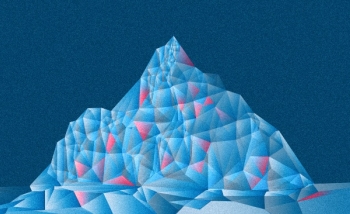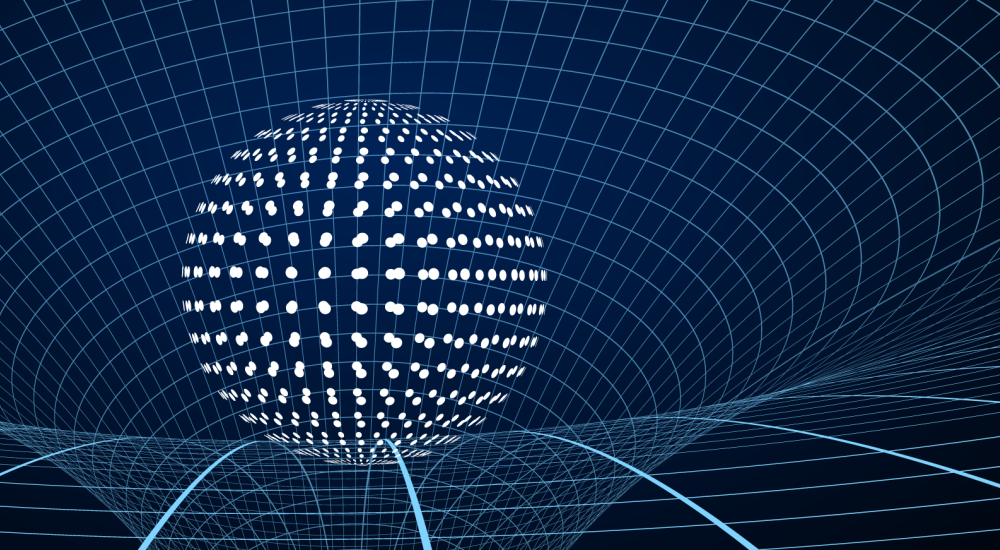Quantum gravity aims to unify the basic principles of physics into a single theory that includes quantum and gravitational phenomena and applies to every scale, from the smallest physical distance up to the universe as a whole. It was one of the original research areas established at Perimeter. The Quantum Gravity group currently consists of three faculty (Bianca Dittrich, Laurent Freidel, and Lee Smolin), as well as eight postdoctoral researchers and seven PhD students.
At Perimeter, researchers are actively pursuing a broad variety of approaches to quantum gravity. Most of the approaches we study in the Quantum Gravity group are background independent, in that the whole geometry of spacetime is treated quantum mechanically. These include loop quantum gravity, spin foam models, group field theory, matrix models, causal dynamical triangulations, asymptotic safety, causal set theories, and background independent approaches to string theory. From their very beginnings, Perimeter’s research efforts in this area have been distinguished by embracing a wide spectrum of approaches, with the belief that, while no approach yet has the ring of truth, several approaches teach important lessons or model distinct regimes of quantum gravitational phenomena. We encourage interactions among people working on different approaches, as we have seen that this has led to the invention of novel theories and approaches, such as energetic causal sets, new approaches to string theory, and the new vacuum of Dittrich and collaborators.
We very much support both cutting-edge technical approaches to hard problems in the field and imaginative attempts to invent new principles needed to formulate a new theory. The phenomenology of quantum gravity is also a topic of study, as is the problem of emergence of space or spacetime from strongly interacting quantum systems. Among the influential developments that came from our group in the last five years are studies of edge or boundary degrees of freedom on finite boundaries of diffeomorphism invariant systems, new analytical and numerical techniques for the evaluation of path integrals of background independent theories, and studies of the relationship between deformed symmetries and non-local phenomena.
The problem of quantum gravity has implications for, and is affected by, the other foundational frontiers of physics, including quantum foundations and quantum information, cosmology, quantum field theory, condensed matter theory, and string theory. Consequently, the members of the Quantum Gravity area interact strongly with all these areas.
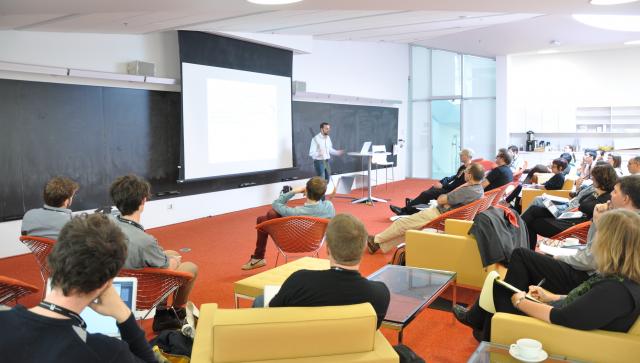
Quantum gravity seminar series
Quantum gravity events
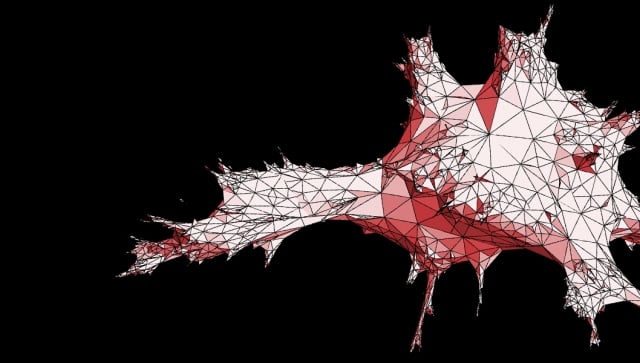
Research centres and initiatives
Quantum gravity researchers
Les profils des personnes ne sont actuellement disponibles qu'en anglais.
-
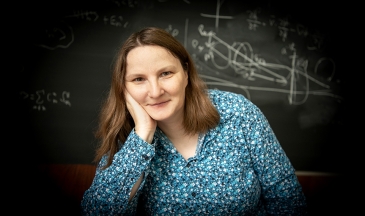
-
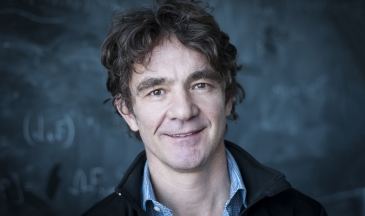
-
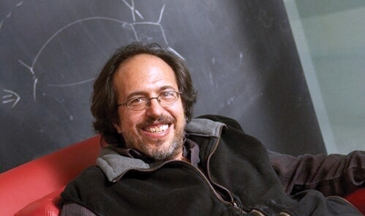
-
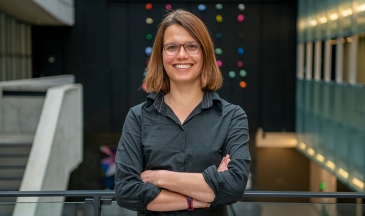
Maïté Dupuis
Teaching Faculty
Academic Staff
Training, Educational Outreach and Scientific Programs
Director, Training, Educational Outreach and Scientific ProgramsQuantum Gravity -

Aldo Riello
Teaching Faculty
Academic Staff
Training, Educational Outreach and Scientific Programs
Teaching FacultyMathematical PhysicsQuantum Gravity -
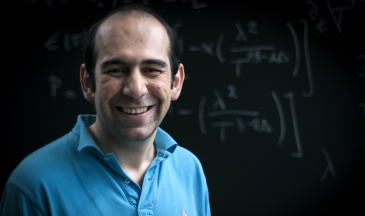
-

Maïté Dupuis
Teaching Faculty
Academic Staff
Training, Educational Outreach and Scientific Programs
Director, Training, Educational Outreach and Scientific ProgramsQuantum Gravity -

Aldo Riello
Teaching Faculty
Academic Staff
Training, Educational Outreach and Scientific Programs
Teaching FacultyMathematical PhysicsQuantum Gravity -
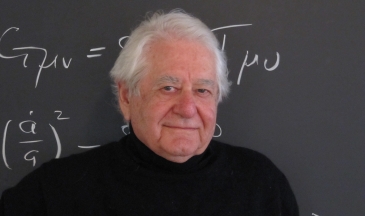
John Moffat
Research Associate
Senior Research AffiliateCosmologyParticle PhysicsQuantum GravityStrong Gravity
Quantum gravity news
